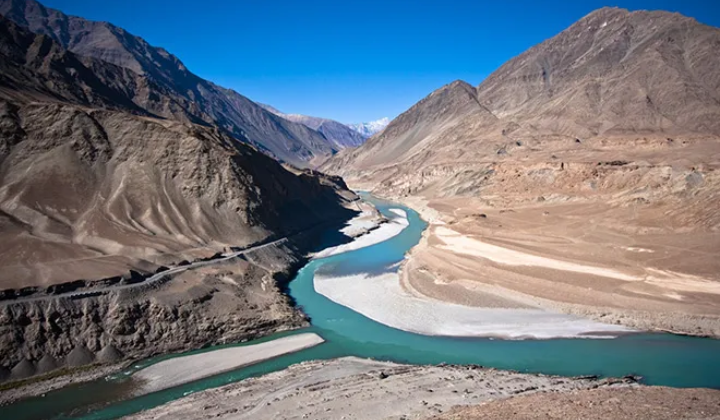Table of Contents
On 22 April, a brutal terrorist attack in Pahalgam, Kashmir, took the lives of 26 innocent tourists. In response, India has taken strong steps to fight terrorism. One of the major actions includes suspending important parts of the Indus Waters Treaty a long-standing water-sharing agreement with Pakistan. This bold decision shows India’s firm stance against repeated cross-border terrorist attacks.
India Halts Indus Waters Treaty
The suspension of the Indus Water Treaty could have serious implications for Pakistan’s water security. The 1960 treaty governs the sharing of waters from rivers originating in India and flowing into Pakistan. By halting its obligations under the agreement, India is taking advantage of a powerful geopolitical tool that highlights the interconnectedness of security and resource sharing in the region. The development could further escalate tensions, as well as force Pakistan to reevaluate its water management strategies in the face of growing regional pressure.
What It Means for Pakistan’s Water Security
Pakistan’s water security remains fragile due to its limited storage infrastructure. This makes the country particularly vulnerable to any fluctuations in water flows. Without adequate storage, even minor disruptions can severely impact water availability, leading to reduced agricultural yields and macroeconomic instability.
Impact of Hydropower Projects on Agriculture
India’s move to halt its obligations under the Indus Waters Treaty could disrupt the regulated flow of water from critical hydropower projects such as Kishanganga and Ratle. These projects play a vital role in water supply during the peak farming season. Any disruption in their operations could have a direct and detrimental impact on Pakistan’s agriculture sector, which is the backbone of its economy.
Strategic and Political Implications
The potential suspension of the treaty, which has historically survived numerous conflicts, represents a significant escalation in India-Pakistan tensions. It also highlights the growing risk of water becoming a flashpoint in their long-standing dispute. This shift could undermine regional stability and make water security a significant geopolitical concern.




 GA Capsule for SBI Clerk Mains 2025, Dow...
GA Capsule for SBI Clerk Mains 2025, Dow...
 The Hindu Review October 2022: Download ...
The Hindu Review October 2022: Download ...
 UIIC Apprentice Recruitment 2025 Notific...
UIIC Apprentice Recruitment 2025 Notific...



